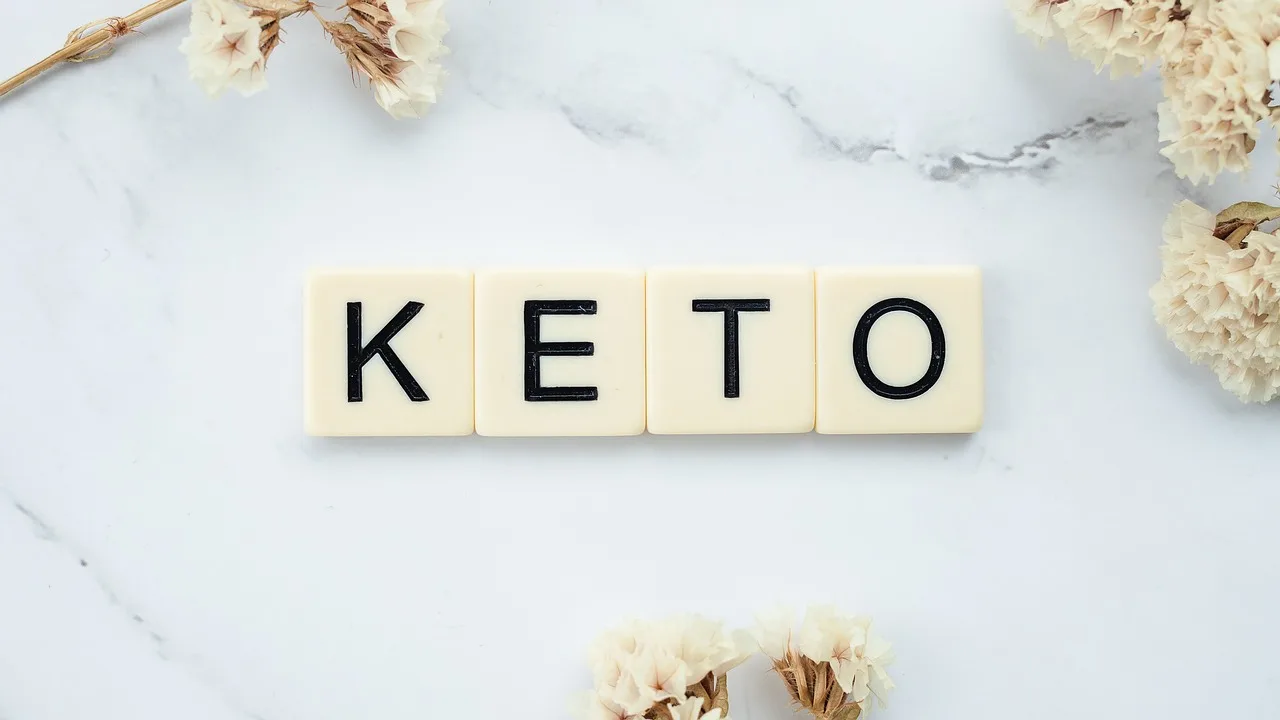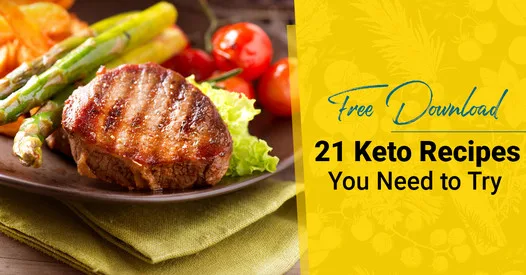Are you adopting a ketogenic diet and looking for guidance on keeping your protein balance just right? It can feel like a bit of a tightrope walk, trying to sustain the right amount of protein in your meals without overshadowing your intake of healthy fats. In “Comparing Protein Intake in Keto Diets”, we break down the facts and provide some key insights on protein intake management. The article aligns with fitness enthusiasts, health junkies, or just about anyone who’s curious about the dynamics of ketogenic diets and protein consumption. With useful tips and science-backed advice, you are sure to find the answers to your protein and keto concerns.
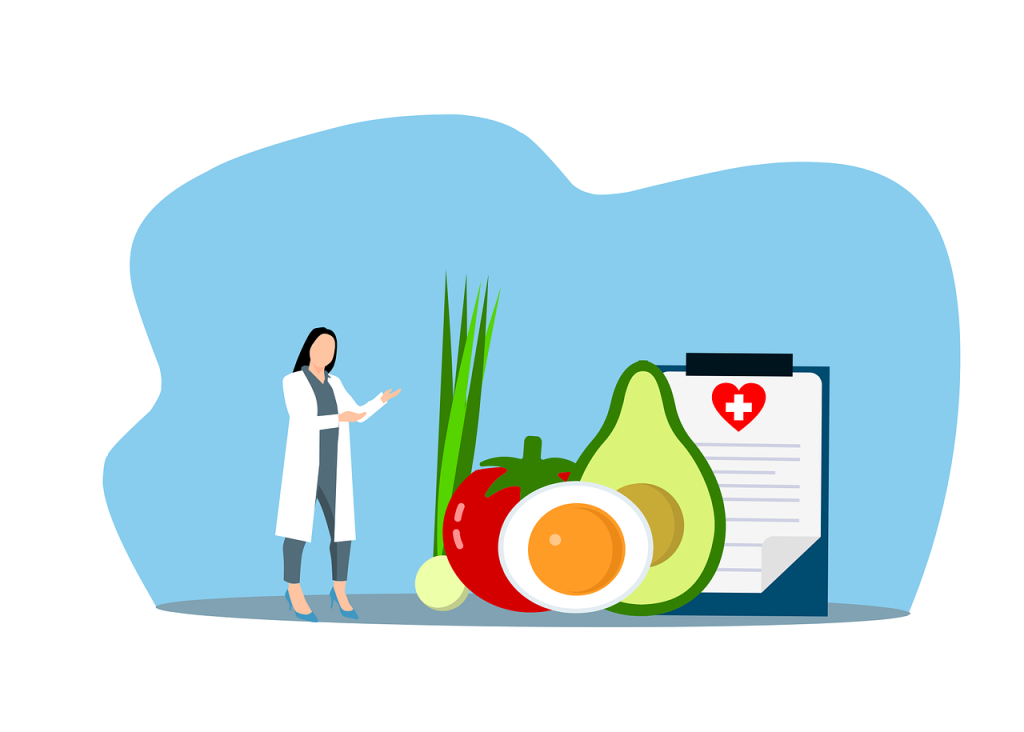
Understanding Keto Diets
When it comes to dietary changes, trends come and go. But one such trend that has stuck around due to its noticeable effects is the ketogenic diet, or keto diet.
Definition of Keto Diets
So, what is a keto diet? Simply put, a ketogenic diet is a low carbohydrate, high fat, and moderate protein diet. It’s designed to put your body into a metabolic state known as ketosis, where it burns fat for fuel instead of carbohydrates.
How Keto Diets Work
The typical American diet is heavy in carbohydrates. When you consume carbohydrates, your body turns them into glucose for energy. If you drastically limit your carbohydrate intake, like you do on a keto diet, your body will start burning its fat stores for energy instead of glucose. This state is known as ketosis.
Benefits of Keto Diets
The primary benefit of a keto diet is weight loss, which is achieved through the process of burning fat for energy. But weight loss isn’t the only advantage. They can also lead to improved blood sugar control, and may be beneficial for heart health. There’s also some research suggesting that a keto diet could have neuroprotective benefits.
Importance of Protein in Diet
Protein is a critical part of any balanced diet, but it plays a particularly important role in keto diets.
Role of Protein in the Body
Protein is essential for your body. It’s involved in the growth, repair, and maintenance of tissues, and it aids in the production of hormones and enzymes. In terms of body composition, protein is crucial for maintaining and building muscle mass.
Sources of Protein
There are many great sources of protein out there. Animal products like meat, poultry, fish, eggs, and dairy are all rich in protein. Certain plant foods, such as tofu, lentils, and quinoa, are also excellent sources.
Insufficient Protein Consequences
Not getting enough protein can result in a variety of negative health effects. It can lead to muscle loss, poor wound healing, weakened immune system, and even hair loss. That’s why it’s crucial to get an adequate amount of protein every day.
Protein Intake in General Keto Diet
As mentioned, a ketogenic diet includes a moderate amount of protein.
Percentage of Protein
In a general keto diet, approximately 20% of your daily caloric intake should come from protein. This falls around the recommended daily protein intake for the average person.
Sources of Protein in Keto
Obtaining protein on a keto diet is pretty straightforward. You can eat any of the animal or plant-based protein sources mentioned earlier, but it’s crucial to watch for carbs in certain sources, particularly plant-based ones.
Effects of Protein in Keto Diet
Including the right amount of protein in a keto diet is crucial. It preserves muscle mass during weight loss, supports metabolism, and aids satiety, which can reduce overeating. Plus, protein has negligible effects on blood sugar levels.
Protein Intake in High Protein Keto Diet
high protein keto is a slight variation on the standard keto diet, which emphasizes more protein and slightly less fat.
Distinction from General Keto Diet
In high protein keto, the ratio gets shifted to include more protein. Here, around 35% of your daily caloric intake should come from protein, with less than 60% from fat.
Sources of High Protein in Keto Diet
Apart from increasing the amount of protein-rich foods you eat, the sources of protein remain the same. The main adjustment is the overall amount of protein you consume.
Effects of High Protein in Keto
By increasing protein intake, you may experience better muscle retention and a heightened feeling of fullness. However, the higher levels of protein could potentially kick you out of ketosis if you’re not careful.
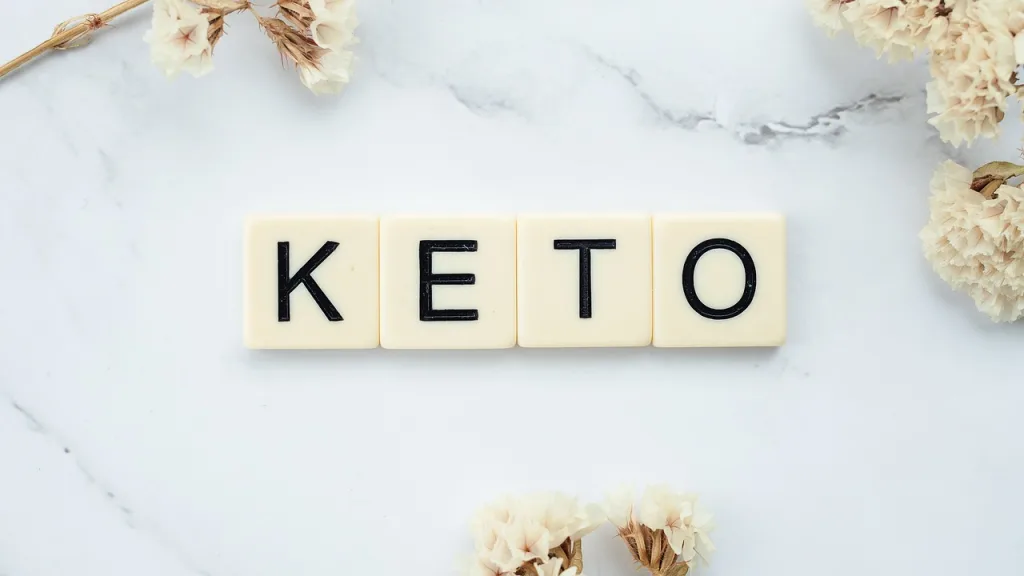
Protein Intake in Low Protein Keto Diet
On the other side of the spectrum, we have low protein keto diets.
Distinction from General Keto Diet
As its name suggests, a low protein keto diet includes less protein than the standard keto diet. Here, less than 20% of your daily caloric intake comes from protein.
Sources of Low Protein in Keto Diet
In this variation, you’ll get less protein by simply reducing portions of protein-rich foods. To make up for the decreased protein, you’ll increase your intake of high-fat, low-carb foods.
Effects of Low Protein in Keto
While this type of diet may help you get into ketosis more easily, it could also lead to muscle loss if you’re not careful. This is because protein is essential for muscle repair and growth.
Role of Fat in Keto Diets
Fat is another essential macro in keto diets, providing the majority of your daily caloric intake.
Understanding Ketosis
Ketosis is a metabolic state your body enters when it doesn’t have enough carbohydrates to use for energy. Instead, it starts burning fat, producing ketones for energy.
Types of Fats in Keto Diets
Quality matters when it comes to fats. Avoid trans fats and limit saturated fats. Instead, aim for sources of unsaturated fats, such as avocados, nuts, seeds, and fatty fish.
Balancing Fat and Protein Intake
It can be challenging to balance the right amount of fat and protein. If not done correctly, you can jeopardize either your attempts to get into ketosis or your muscle mass.
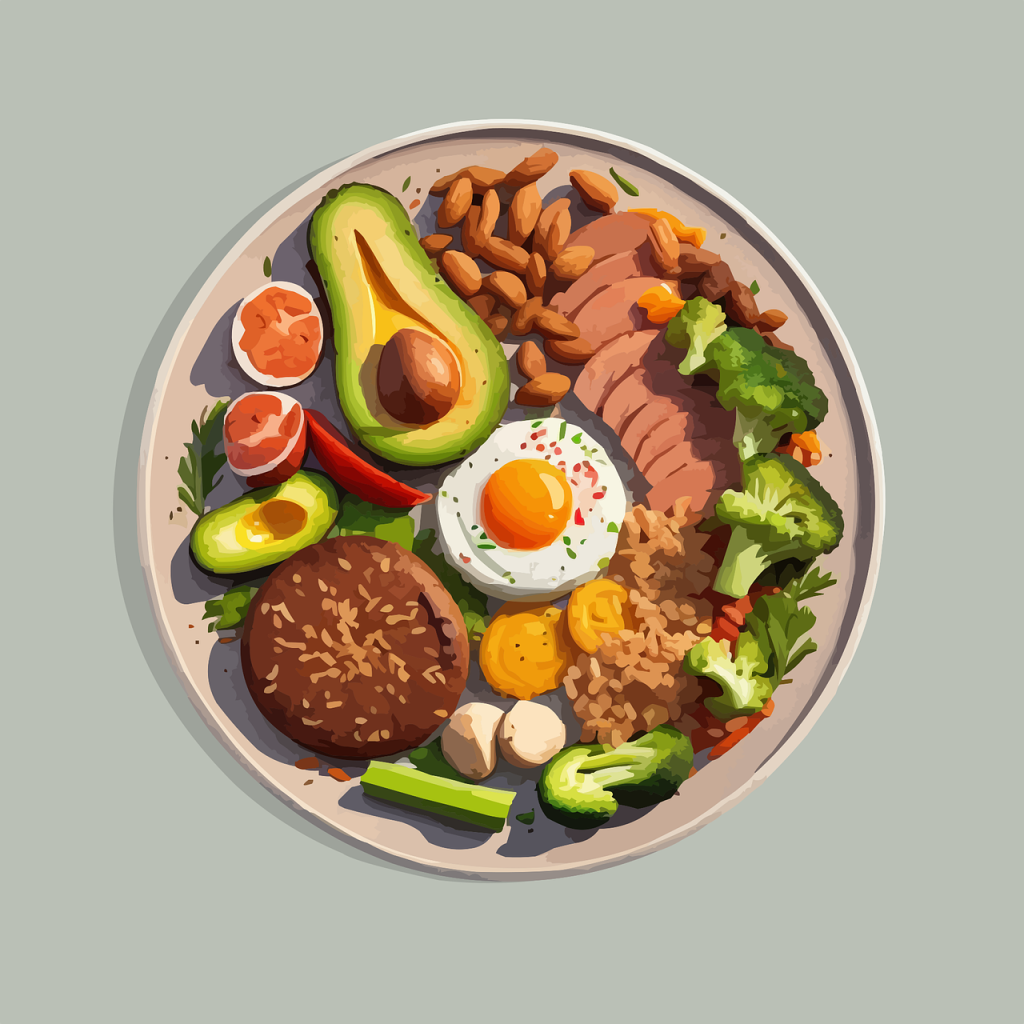
Effect of Excessive Protein in Keto Diets
Consuming too much protein might interrupt ketosis due to a process called gluconeogenesis.
Understanding Gluconeogenesis
Gluconeogenesis is when your body turns non-carbohydrate sources, like protein, into glucose for energy. This tends to occur when the body doesn’t have enough carbohydrates available for energy.
Impact on Ketosis
If you’re eating excessive protein, your body may start converting some of it into glucose, which can interrupt ketosis. So, while you want enough protein to support your body’s functions, eating too much can knock you out of that desired state of ketosis.
Health Consequences of Excessive Protein
While consuming an excessive amount of protein is rare, it can lead to weight gain if not balanced out with other macros. In extreme cases, it can overwork your kidneys over time.
Role of Carbohydrates in Keto Diets
Let’s not forget about carbs – they play a specific role in keto diets.
Carb Limit in Keto Diets
In typical keto diets, carbs are kept fairly low, generally below 50 grams per day. This helps your body remain in ketosis.
Replacing Carbs with Protein
Replacing some of your carbohydrates with protein on a keto diet can help you feel fuller longer and reduce overeating. It can also help maintain muscle mass.
Impact of Carbohydrates on Protein Intake
Increasing carbohydrate intake can affect the amount of protein required in your diet. Carbs can spare protein from being used for energy, allowing it to be used for its crucial roles in the body instead.
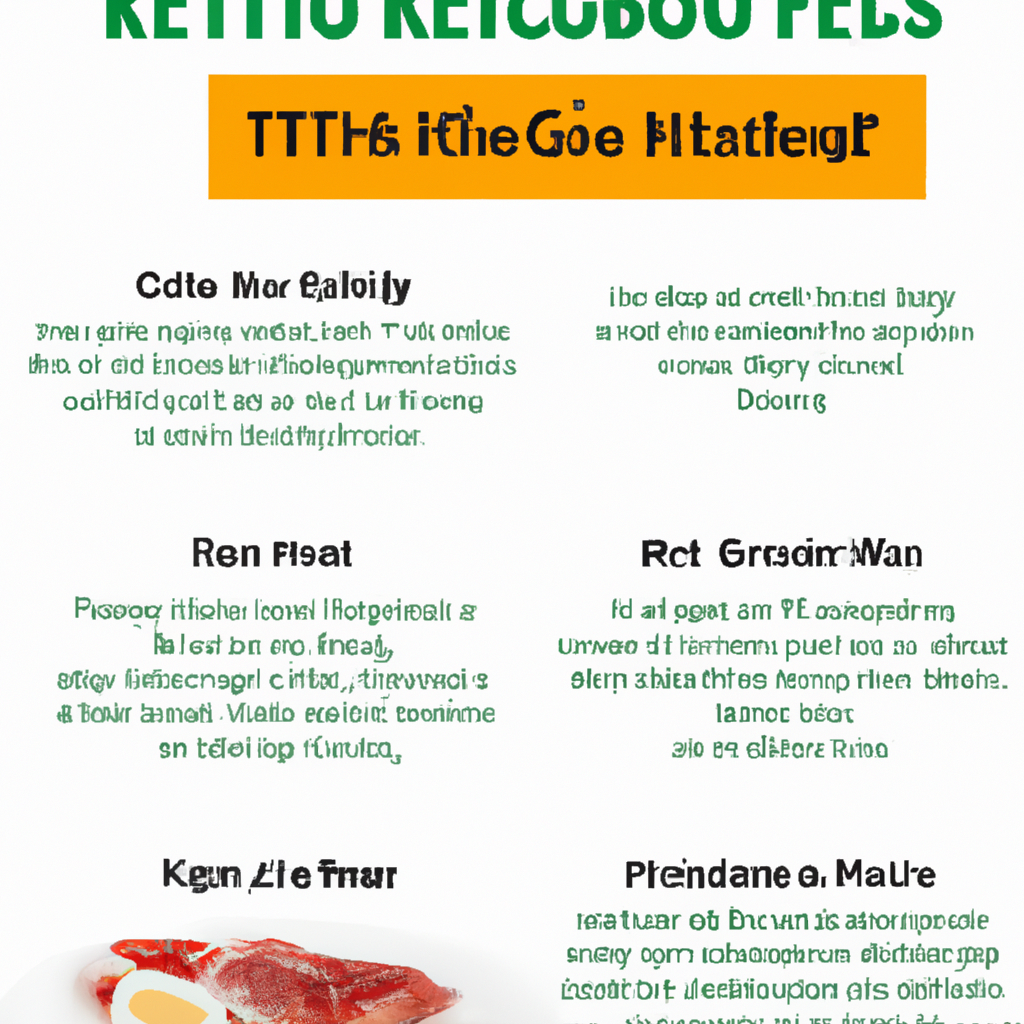
Adapting Protein Intake to Personal Needs
When it comes to protein intake, one size doesn’t fit all.
Considering Physical Activity Level
The amount of physical activity you participate in plays a significant role in determining your protein needs. The more active you are, the more protein your body will need to repair and build muscle tissue.
Adapting to Weight and Lean Mass
Your overall body weight, and more importantly lean body mass, affects your protein requirements. Generally speaking, the more lean mass you have, the more protein you need each day.
Dealing With Medical Conditions
Certain medical conditions can affect your protein needs. If you have a chronic health issue, you should consult with a healthcare provider before starting any new diet or nutrition plan, including keto.
Conclusion: Comparing Protein Intake in Keto Diets
Different variations of the ketogenic diet come with varying amounts of protein.
Summary of Differences
In a standard keto diet, 20% of your daily calories come from protein. High protein keto increases this to around 35%, while low protein keto reduces it to less than 20%.
Advice for Selecting the Right Diet
The best version of the keto diet for you will depend on your individual needs and goals. If you’re unsure where to start, consider speaking to a dietitian or other healthcare provider who can guide you based on your unique situation.
Future Dietary Research Directions
Research into keto diets is ongoing. Future studies may further elucidate the impact of varying protein levels and help craft more personalized keto diet plans. That’s why making sure your diet is flexible and adaptable is so essential. As our understanding evolves, so too should your dietary choices.
